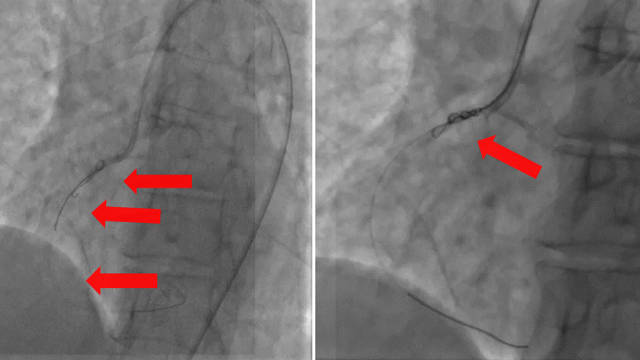3138 results for «2122»
3138 results
Clinical cases - Structural interventions - Session 6
07 Oct 2022 – From AICT-AsiaPCR 2022

Essentials of lifetime management in patient undergoing TAVI using novel balloon expandable Myval Octacor THV
22 Sep 2023 – From AICT-AsiaPCR 2023
This session with a LIVE case provides information about the Octacor transcatheter heart valve technology, highlighting its procedural and clinical benefits. It also covers the Octalign technique, which ensures precise alignment of commissural and coronary access, and discusses the precise sizing, positioning, and deployment of Octacor THV.

Clinical cases - Coronary interventions - Session 5
07 Oct 2022 – From AICT-AsiaPCR 2022

Top abstracts of AICT-AsiaPCR 2023
21 Sep 2023 – From AICT-AsiaPCR 2023
Explore the cutting-edge research showcased in the top abstracts of AICT-AsiaPCR 2023, featuring insights on CT-based valve sizing for TAVR in bicuspid aortic stenosis and the impact of bleeding events post-TAVI on long-term mortality.
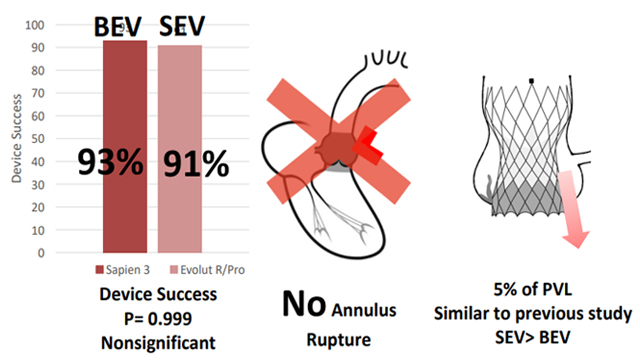
Management of cathlab disasters
21 Sep 2023 – From AICT-AsiaPCR 2023
Explore the complexities of cathlab disaster management in this session: learn about the systematic process for preparing and responding to cathlab emergencies, discover the crucial roles played by cathlab professionals and teams during these critical situations, and gain valuable insights from experienced speakers, including quick recognition...
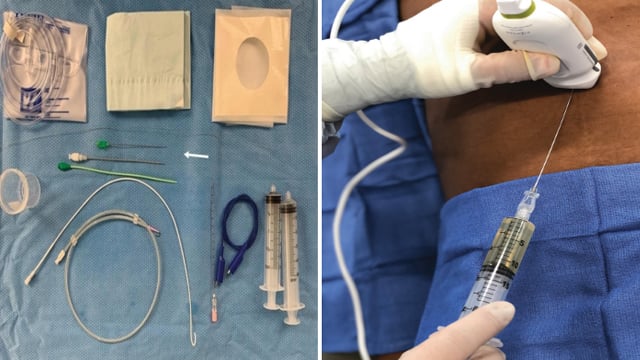
Coronary, structural and peripheral interventions
21 Sep 2023 – From AICT-AsiaPCR 2023
Explore the latest innovations in coronary, structural, and peripheral interventions in this session, from machine learning CT-FFR systems for severe aortic stenosis to the role of real-world data in enhancing cardiovascular care, and discover cutting-edge techniques like transpedal accesses for complex lesions and comprehensive valve sizing...
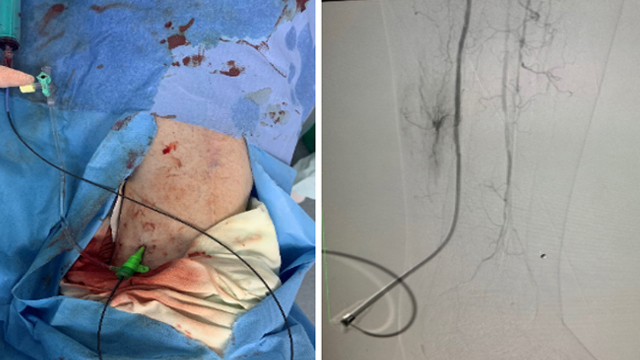
STEMI complications and beyond
21 Sep 2023 – From AICT-AsiaPCR 2023
Join us in this session to unravel the challenges stemming from STEMI and gain the knowledge to effectively overcome them: learn to navigate acute thrombotic situations affecting the heart, brain and limbs, discover how to handle access site issues during primary PCI and explore the role...
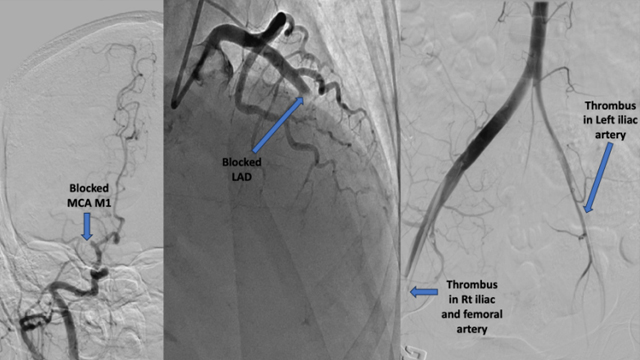
Learning - Reimagining STEMI network
21 Sep 2023 – From AICT-AsiaPCR 2023
Consult this session to discover the profound impact of initiatives like Stent Saves a Life on patient care, to learn how artificial intelligence is transforming acute myocardial infarction management and to explore the role of pharmaco-invasive strategies and multi-vessel PCI in treating STEMI patients.
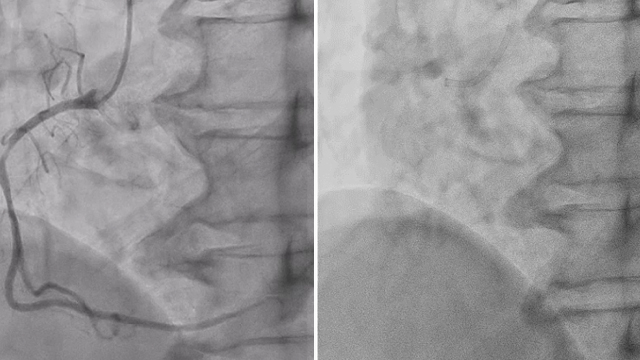
NSTEMI: lessons from real cases
21 Sep 2023 – From AICT-AsiaPCR 2023
Explore real-world cases in this NSTEMI session where experts discuss their experiences in managing challenging scenarios: learn about novel techniques to handle RCA perforations, restore torqued and kinked catheters, and more!
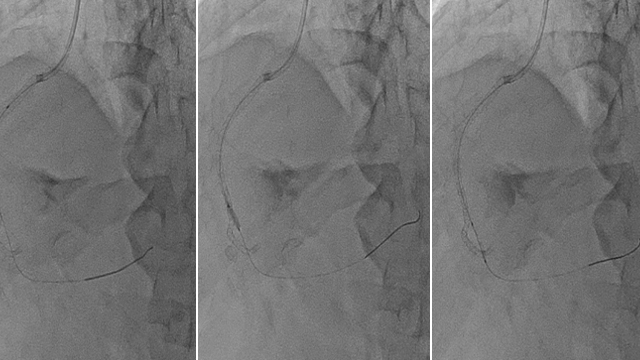
Learning - A mission impossible: smorgasboard of high bleeding risk issues
21 Sep 2023 – From AICT-AsiaPCR 2023
Consult this session to explore practical insights into identifying high bleeding risk individuals and implementing effective strategies to prevent and reduce bleeding complications, especially in complex scenarios, to learn to navigate the intricate maze of post-PCI anti-thrombotic strategies in high bleeding risk patients and to find...
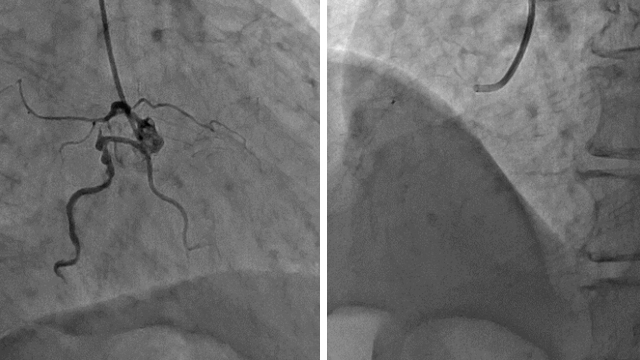
Challenges in calcified lesions
21 Sep 2023 – From AICT-AsiaPCR 2023
Explore a variety of challenging cases in this session, from the perplexing uncrossable STEMI to the specialized "Blocked" balloon anchoring technique, the unique challenges of calcified lesions in elderly patients to the debulking of a calcified nodule within the left circumflex ostium through the stent strut,...
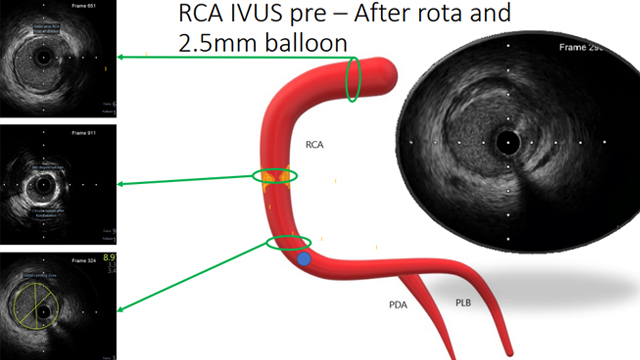
Advances in STEMI and Stable CAD
22 Sep 2023 – From AICT-AsiaPCR 2023
Explore cutting-edge insights into STEMI and Stable CAD through these presentations: delve into the intricate details of characterizing culprit coronary lesions in STEMI patients using OCT, uncover the short- and long-term outcomes for Asian STEMI patients following primary PCI and gain a comprehensive understanding of the...
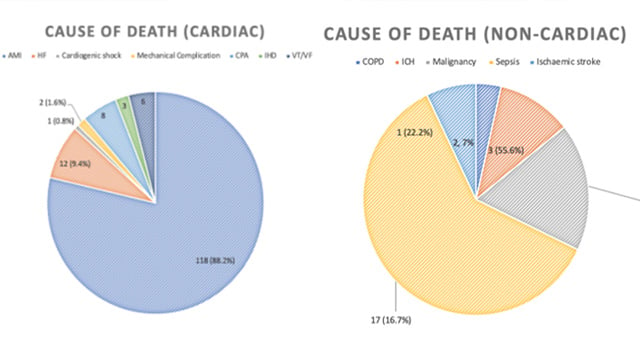
TAVI Insights: Addressing challenges and complex cases
21 Sep 2023 – From AICT-AsiaPCR 2023
In this session, explore the complexities of TAVR complications and learn about unique cases, including TAVI in patients with bicuspid aortic valves, coarctation of the aorta, and small annuli.
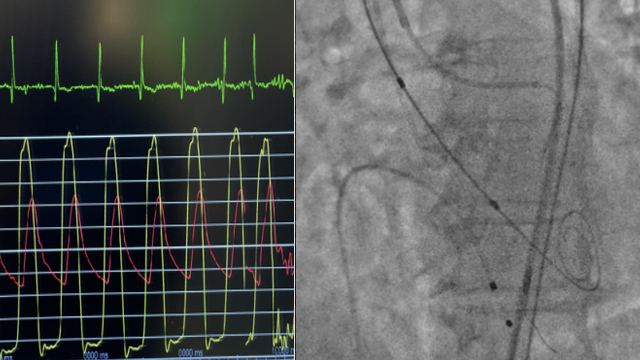
Challenging STEMI cases
22 Sep 2023 – From AICT-AsiaPCR 2023
Dive into complex STEMI cases in this session, featuring presentations on unusual coronary anomalies, the challenges of long diffuse lesions, innovative approaches like intracoronary arterial retrograde thrombolysis, an intriguing case of acute coronary syndrome with uncommon causes, and much more!
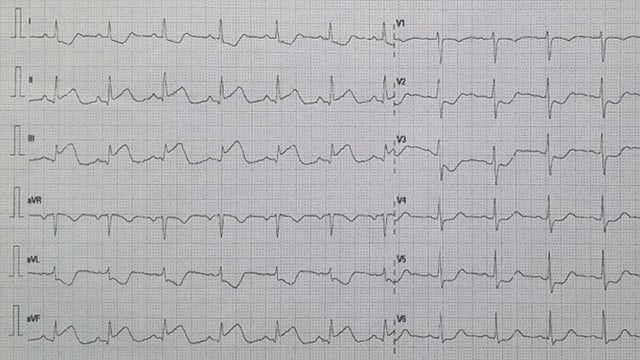
Left main interventions: cutting-edge insights
21 Sep 2023 – From AICT-AsiaPCR 2023
Join us in this session on left main interventions and explore the challenges and strategies for left main PCI in complex cases, from minimalist approaches in limited-resource settings to complex procedures like percutaneous transluminal coronary angioplasty with IVUS guidance.
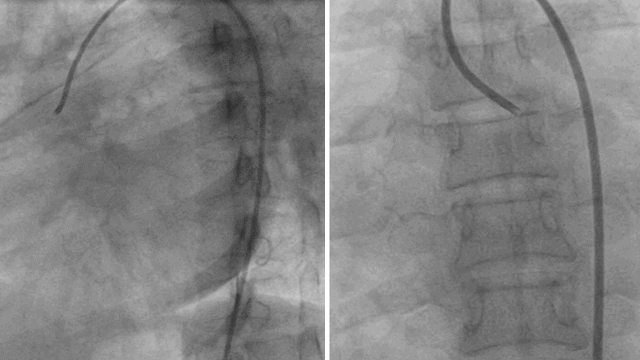
Complex STEMI cases
21 Sep 2023 – From AICT-AsiaPCR 2023
Dive into this STEMI session to gain valuable insights into managing critical scenarios, such as challenging primary PCI rescues, acute left main thrombosis, side branch occlusion, unexpected STEMI surprises, and more, all from real-world cases.
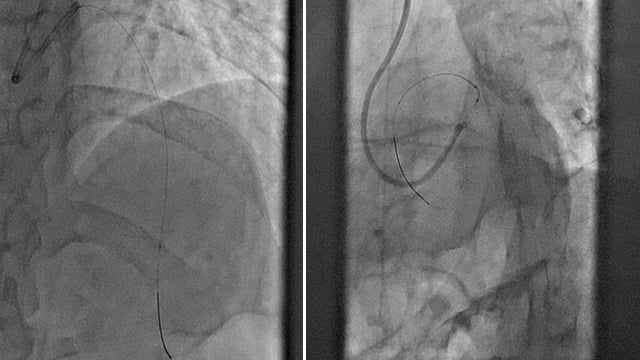
STEMI complexities
21 Sep 2023 – From AICT-AsiaPCR 2023
Dive into the world of STEMI complexities in this session, from unique cases like anterior STEMI with cardiogenic shock to unconventional approaches for triple vessel disease, and gain insights into topics like calcified left main bifurcation, mechanical causes of myocardial infarction, SCAD mysteries, and more!
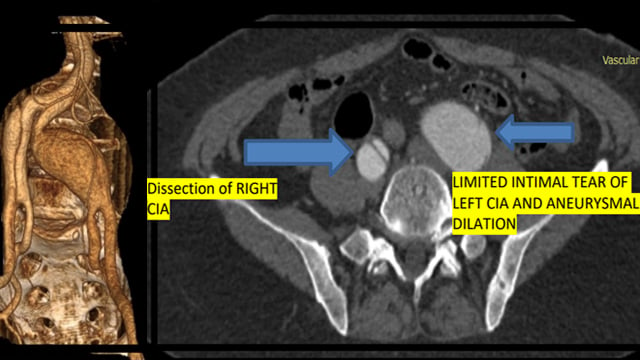
Navigating complex STEMI situations
21 Sep 2023 – From AICT-AsiaPCR 2023
Delve into a series of complex real-world STEMI cases and explore challenging scenarios in this session, such as a STEMI occurrence in a healthy adolescent, the complexities of post-CABG safety, and much more!
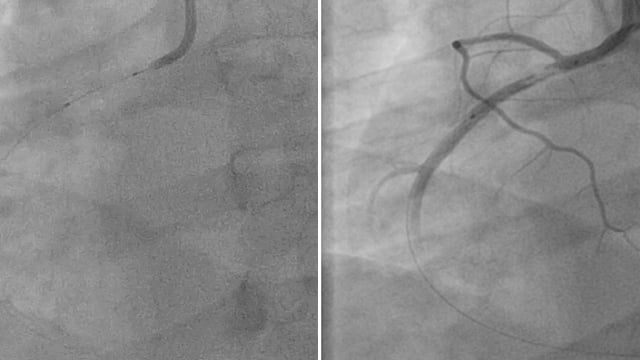
Complex left main scenarios
21 Sep 2023 – From AICT-AsiaPCR 2023
Discover unique insights into these challenging left main scenarios, including anomalous left coronary artery from the pulmonary artery (ALCAPA), guide extension catheter entrapment by a coronary stent, the utility of OCT guidance in complex left main trifurcation PCI, and a rare instance of a young patient with...
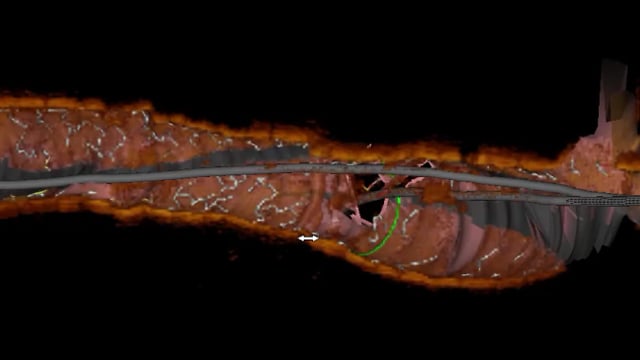
Top cases of AICT-AsiaPCR 2023
21 Sep 2023 – From AICT-AsiaPCR 2023
Discover the most intriguing cases featured at AICT-AsiaPCR 2023 in this session: from adrenaline surges to complex primary PCIs gone haywire, from CHIP protected PCI in AMICS to complex CTO of an anomalous RCA, dive into these real-world cases and gain valuable insights that expand your...
